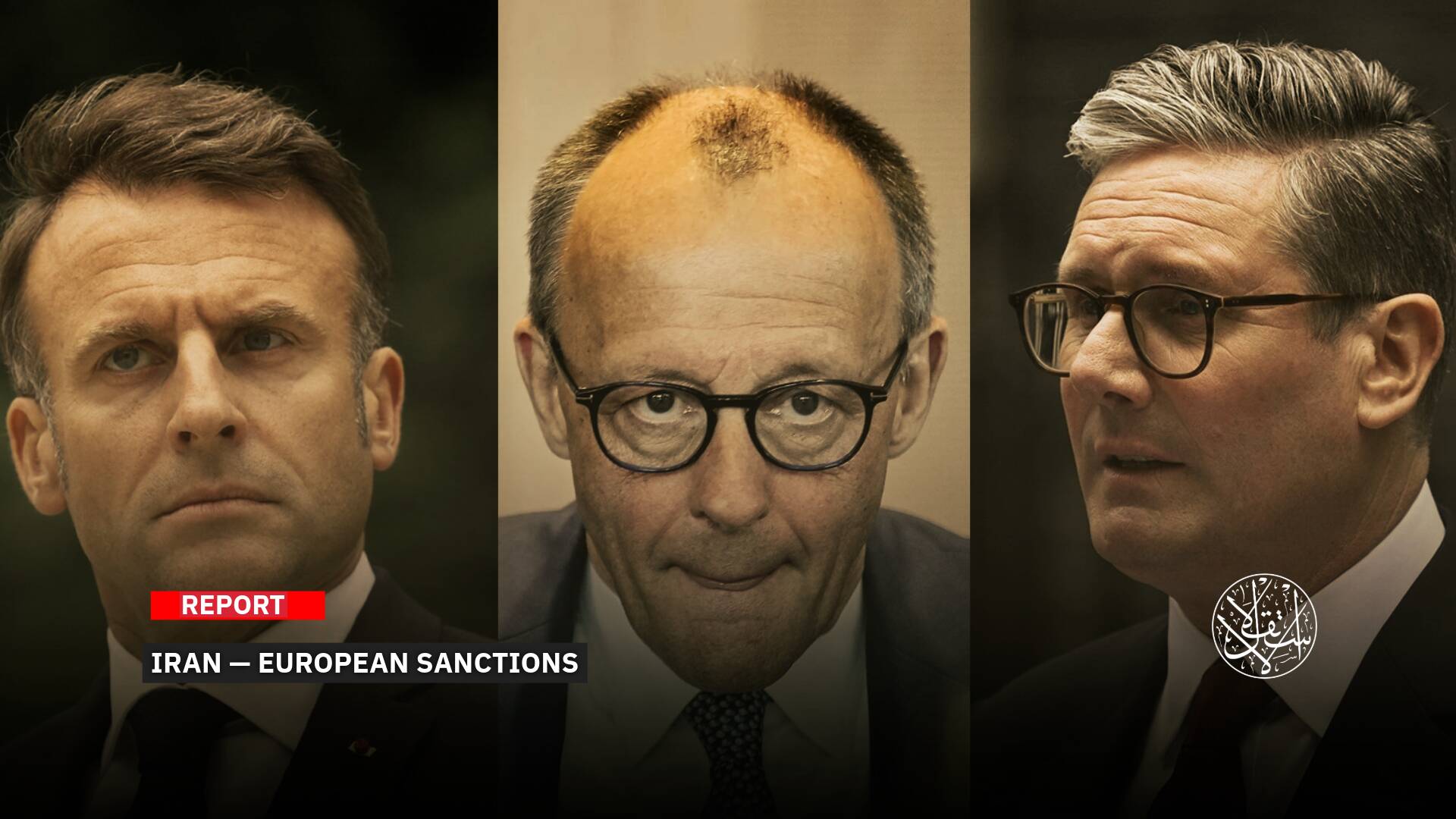Will the Russian War in Ukraine Shake the US Dollar Dominance?

The US dollar has once again become the spotlight of global attention. After the Russian invasion of Ukraine, Biden led the international community to impose sweeping sanctions on Russia. However, experts believe that the sanctions might lead to the establishment of alternative financial institutions and structures threatening the status of the US dollar as the world's dominant currency. Especially with Chinese rejection to sanction Russia stressing that it “has the right to safeguard its legitimate rights and interests.”
For decades, the dollar dominated the world economy, and was the main currency of reserve and financial exchanges between countries. This not only helped the United States maintain its position as an economic hegemon, but also enabled it to effectively employ the weapon of sanctions to punish its opponents.
However, with the increasing numbers of those affected by the dominance of the dollar, a number of powers, led by Russia and China, are looking for a new financial system that would strip the dollar of its strength.
"Great powers own great currencies," says Robert Mundell, the Nobel Prize winner in economics, adding that international influence and international trade dealings are necessarily linked. Thus, the central role of dollar is closely dependent on US hegemony on the international scene.
Bloomberg Agency published a report entitled “How does Russia’s war fuel the global debate over currencies?” It emphasized that the Chinese economy is on its way to surpassing the American economy to become the largest in the world, so it is certain that China’s currency will compete with its opponent’s currency in the global financial system.
Yet, other economists reject this idea, explaining that if the currency becomes established, it may become very difficult to replace, and it will most likely go through repeated shocks over time.
Dollars Dominance Declining
The share of dollar reserves with central banks declined to 59% during the fourth quarter of 2020, the lowest level in 25 years, according to the (COFER) survey conducted by the International Monetary Fund on the composition of official foreign exchange reserves.
The Economics Expert Omar Mahjoub Muhammad Al-Hussein wrote an article explaining that this partly reflects the decline in the role of the US dollar and the role of the US economy against other currencies used by central banks in conducting international transactions.
Despite the rise of the Chinese economy, it comes in second place when calculating the nominal GDP while Russia does not figure in the list of the 10 largest economies in the world. However, Omar Mahjoub stressed, with the beginning of the Russian-Ukrainian war, we may witness an economic alliance between China and Russia, and perhaps India, which did not explicitly condemn Russia's attack on Ukraine.
Russian Alternatives
Foreign Affairs magazine explained that Russia has sought to mobilize more support for De-dollarization in multilateral forums such as the BRICS group made up of Brazil, China, India, Russia and South Africa, as well as in the Shanghai Cooperation Organization. The BRICS New Development Bank raised money in local currencies as part of its goal to “break away from tyrannical families of hard currency” as it put it.
In 2020, the members of the Shanghai Cooperation Organization stressed the importance of using national currencies in their trade exchanges, and also discussed the establishment of a development bank and a development fund. Russia and China could use these forums to create a broader anti-dollar coalition, with the promise of greater fiscal independence for all by reducing dependence on the US dollar.
The Foreign affair emphasized that the common desire to reduce dependence on the dollar has strengthened relations between Russia and China. Bilateral currency swaps between the two central banks helped Russia bypass US sanctions in 2014 and facilitated trade and investment between the two countries.
In 2016, Prime Minister Dmitry Medvedev called for harmonizing the domestic payment systems between the two countries. He discussed the possibility of launching a Russian-Chinese cross-border payment system for direct settlements in the yuan and the ruble, while Putin said in 2018 that Russia and China “emphasized their interest in using the local currencies more effectively in exchange payments.”
Sanctions Backfiring
The Russian invasion of Ukraine, on Thursday, February 24, prompted Western countries to impose sanctions on Russia. Starting with the financial sector and some wealthy Russians, and then included all economic, political, sports and cultural fields, in order to isolate Moscow.
Yet, Bloomberg stated that these sanctions may backfire, as they might only encourage Russia and the rivals of the United States - led by China - to ally and counter United States’ hegemony.
Russia and China will establish initiatives to De-dollarize their economies. Creating alternative financial institutions and structures to protect themselves from sanctions threatening the status of the US dollar as the world’s dominant currency. Without effective action, the United States will see its global standing eroded.
Rupee, Ruble & Yuan
In an interview with Al-Estiklal, the academician, researcher in politics, and specialist in strategic issues in the Arab world Hazem Ayyad said: “The Chinese yuan, the Indian rupee and the Russian ruble will become of great use after Ukraine war, but not to the extent of replacing the dollar. The Chinese yuan's importance will increase in international transactions, due to the strength of the Chinese economy. The volume of Chinese foreign trade exceeds 6 trillion dollars, with a national product close to 15 trillion dollars. Since it stores large oil reserves, China has the ability to free them when necessary to influence world prices.”
He added: “As a result, it is expected that the volume of trading in the Chinese yuan will double, to jump from 5% to 10%, with the impact of the Ukrainian crisis.”
Mr. Ayyad explained that the second factor that plays a role in undermining the position of the dollar is digital currencies whose role is expected to grow in the next stage to evade sanctions and transfer systems, as they will become an arena for conflict between the major powers.
He concluded that despite these transformations and interactions, the dollar will maintain a privileged position until new stable financial systems are created after the Ukrainian crisis and the crisis related to the previous Corona pandemic. A process that will require time and will be governed by turmoil and uncertainty. It is expected that the state of uncertainty will continue for a long period of time. For the short term, the dollar will remain an important player, until reasonable and effective alternatives are found.












